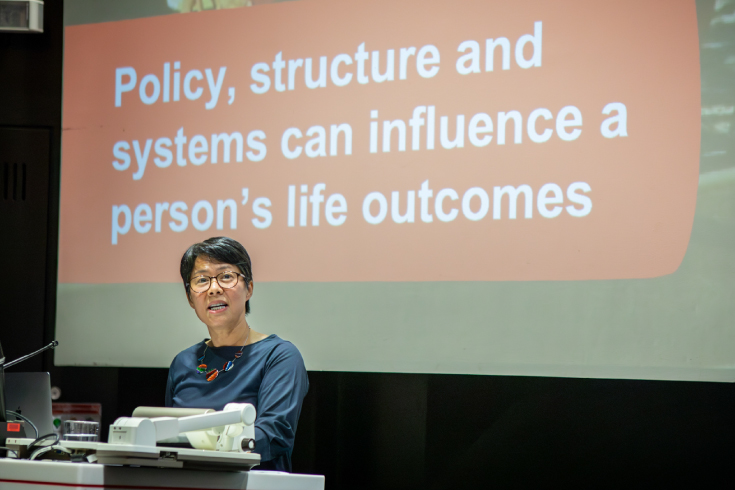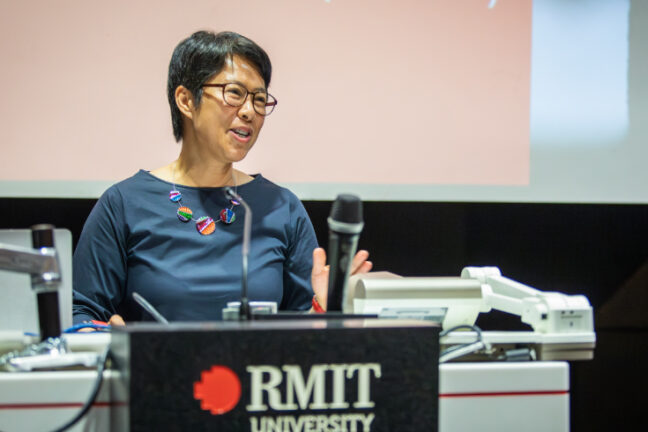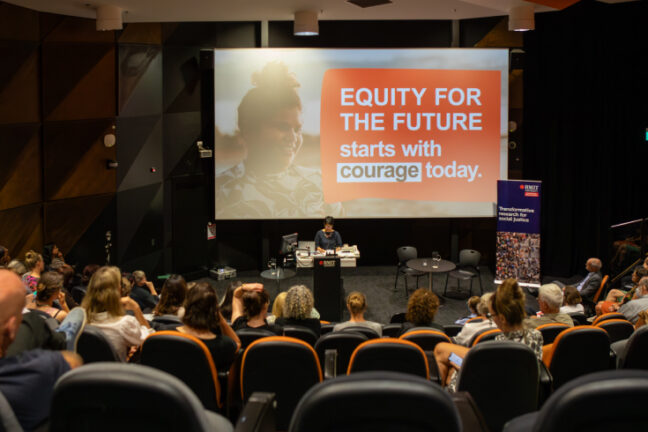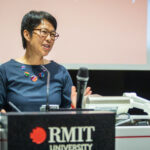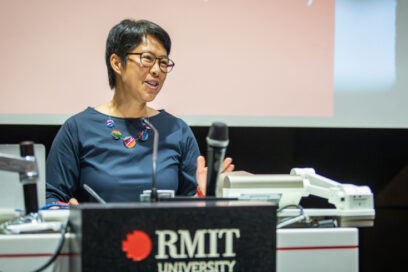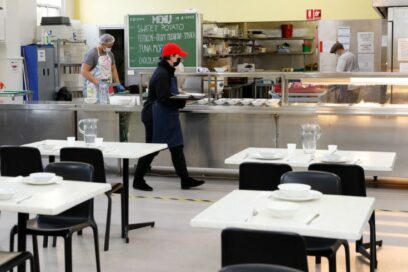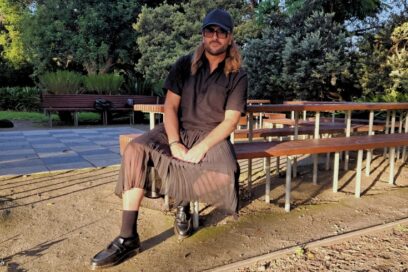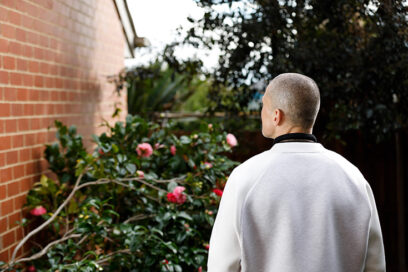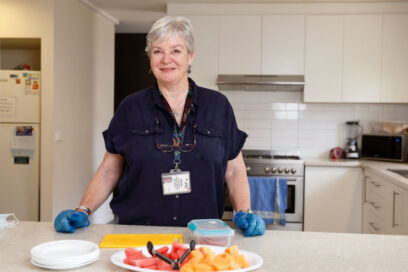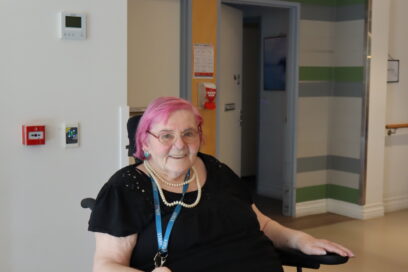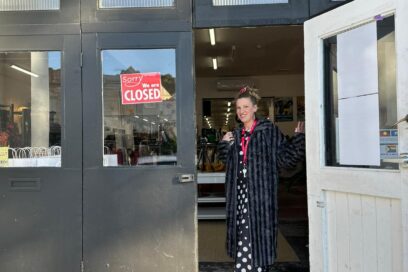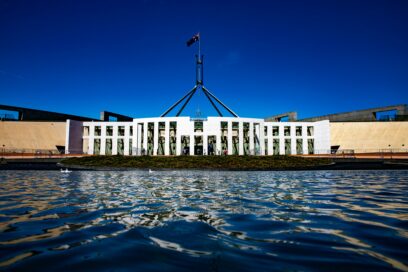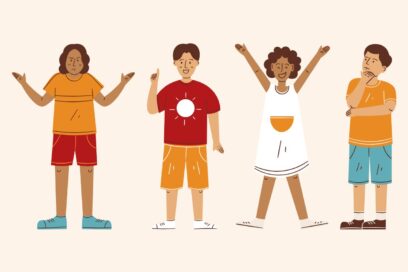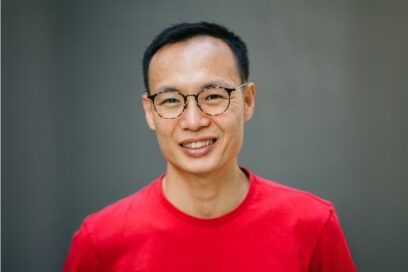I was fortunate to meet one of the early participants of the J2SI program. Almost 12 months into my role, it was through meeting Terri* that I truly understood the impact of the program.
In 2013, Terri first presented at Sacred Heart Mission through our women’s crisis housing service, Homefront.
- Terri was 28 years old at the time.
- She had experienced significant trauma in early childhood.
- Since the age of 15, Terri had experienced many years of homelessness.
- Throughout her youth she experienced family violence and as an adult, she experienced intimate partner violence.
- She has a history of ice addiction as well as misuse of prescription medication.
- She was diagnosed with Bi-Polar Disorder, anxiety and depression.
- She had been diagnosed with a range of women’s chronic health issues which were debilitating.
- Terri was socially isolated due to estranged relationship with her family and friends.
In 2018, Terri was referred to J2SI. When she entered the program, Terri thought three years was way too long, but soon realised that it was a ‘game changer’ to use her words.
“For someone who lives in constant crisis – always in fight or flight mode – knowing I had three years support meant that I allowed myself time to be calm, to be still and learn to trust. I started to believe I could get well and change my life. I didn’t have to keep thinking about surviving.”
“My first year was just getting calm. Second year was the hardest and most intense work but by then I had a lot of trust with my case manager. I engaged with a trauma therapist and I was in and out of detox and rehab. The third year was reconnecting with my family and friends. Getting to know my local community. Removing myself from users and sellers.”
In listening to Terri’s story, I could see exactly how key features of J2SI work in practice.
Year 1
- Stabilisation including rapid access to housing
Year 2
- Therapeutic focus
- Trauma informed care, assertive case management, intensive support. Links to specialist providers, warm handovers and transferring of trust.
Year 3
- Exit and transition into the community.
- Fostering independence, social inclusion and economic participation
When I asked Terri to share any words of wisdom about the program, she replied:
“People like myself cost the government lot of money. We are in and out of crisis services, needle exchange, jail. People living on the streets cause chaos. Youth refuges, rooming houses, psychiatric wards, I’ve done it all. We become really good at accessing services. Investing three years may seem like a lot, but it’s nothing to turn around a life. It’s a great investment for me to return to the community, to reconnect with my family. It’s better for me, my family and the community.”
Outcomes for J2SI participants
• 89% of participants sustained housing
• 56% reduction in emergency presentations
• 99% reduction in rough sleeper episodes
Unfortunately, there are too many stories like Terri’s.
Right now, we are pitching to government to scale J2SI across Victoria together with four consortium partners each bringing complementary expertise and reach – Uniting Vic/TAS; St Vincent de Paul VincentCare; Salvation Army; and Aboriginal Housing Victoria.
We have a solution to end chronic homelessness now. We need political will of governments to partner with us.
We need courage and long-term vision. J2SI is not an overnight success – it’s been a 15-year journey.
If we are to achieve social equity for the future, we need courageous leadership today.


